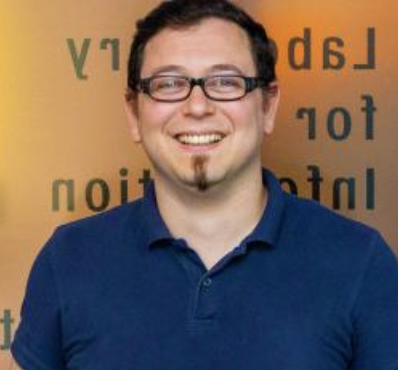Power Efficient Wireless

Omer Tanovic, a PhD candidate in the Department of Electrical Engineering and Computer Science, joined LIDS because he loves studying theory and turning research questions into solvable math problems. One real world problem that captured Omer’s attention during his PhD is power efficiency in wireless operations. Most of the projects that he has worked on at MIT seek to design signal processing systems, optimized to different measures, that will increase power efficiency while ensuring that the output signal (what you hear when talking to someone on the phone, for instance) is true to the original input (what was said by the person on the other end of the call).
Omer’s latest project seeks to address the power efficiency problem by decreasing the peak to average power ratio (PAPR) of wireless communication signals. Omer, who is supervised by LIDS professor Alexandre Megretski, designed an algorithm that can decrease the PAPR of a modern communication signal, which would allow the power amplifier to operate closer to its maximum efficiency, thus reducing the amount of energy lost in the process. Omer’s algorithm, along with improving power efficiency, is also computationally efficient. “This is important in order to ensure that the algorithm is not just theoretically implementable but also practically implementable,” Omer says, once again stressing that abstract mathematical solutions are only valuable if they cohere to real world parameters. Microchip real estate in communications is a limited commodity, so the algorithm cannot take up much space, and its mathematical operations have to be executed quickly, as latency is a critical factor in wireless communications. Omer believes that the algorithm could be adapted to solve other engineering problems with similar frameworks, including envelope tracking and model predictive control.

At MIT, Omer has taught both undergraduate and graduate level courses, including as an instructor-G, an appointment only given to advanced students who have demonstrated teaching expertise. He has won two teaching awards, the MIT School of Engineering Graduate Student Extraordinary Teaching and Mentoring Award in 2018 and the MIT EECS Carlton E. Tucker Teaching Award in 2017.
